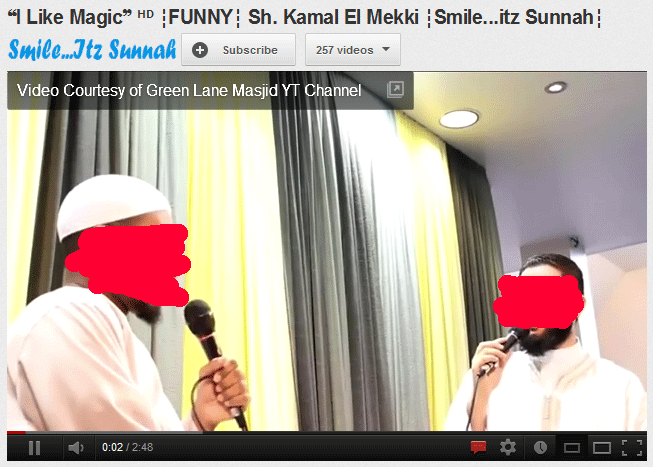In the Name of Allaah…
QUESTION: Is there a hadeeth in which sleeping alone has been prohibited and, if so, what is the proper understanding of this hadeeth? Someone read that on a website providing tips on how not to miss Fajr, and one of those tips was not to sleep alone. It said al-Albaanee authenticated the hadeeth in as-Silsilatus-Saheehah.
ANSWER: There does exist a hadeeth in the Musnad of Ahmad (2/91) which alledgedly states that the Messenger of Allaah (may Allaah raise his rank and grant him peace) prohibited people from sleeping alone:
نهى عن الوحدة أن يبيت الرجل وحده أو يسافر وحده
He forbade (us) from seclusion: that a man sleeps alone or travels alone.
The chain appears to be authentic at first glance, since all of the narrators are from the narrators used in the two Saheeh collections of al-Bukhaaree and Muslim, except for one who was not used in Saheeh Muslim, Aboo ‘Ubayd ‘Abdul-Waahid ibn Waasil al-Haddaad. At face value, scholars have graded its chain to be saheeh (authentic), one of them being the great scholar of Hadeeth and its sciences, Muhammad Naasir ad-Deen al-Albaanee in his Silsilah Saheehah (#60), as mentioned in the question.
Al-Haythamee said about this hadeeth in Majma’ az-Zawaa’id (8/104), “Its narrators are from the narrators of the Saheeh (collections of al-Bukhaaree and/or Muslim).” I learned a very important thing about this kind of statement from al-Haythamee, when he refrains from calling the chain or the hadeeth saheeh, and suffices with profiling the narrators as reliable – that this is not sufficient as authentication, as other factors are involved in declaring a hadeeth authentic beyond the reliability of its narrators, like the connectivity of the chain and the absence of any hidden defects. In fact, when al-Haythamee refrains from calling the hadeeth or its chain saheeh, there is often a hidden defect somewhere in the chain, a very fine point of hadeeth criticism I learned from al-Albaanee himself, from his highly beneficial hadeeth commentary in his two massive works – as-Saheehah and adh-Dha’eefah.
Furthermore, referring to the narrators as being from those used in the Saheeh collections of al-Bukhaaree and Muslim is insufficient by itself to establish their reliability in a general sense for a number of reasons, the easiest of which to explain in English would be that sometimes al-Bukhaaree and Muslim only relied on a narrator when he was maqroon, or paired with someone else relaying the same narration – meaning they would not rely on his narration independently. This connects us directly to this hadeeth…
The narrator, Aboo ‘Ubayd al-Haddaad, was from those used by al-Bukhaaree, when paired with another narrator, not independently, as mentioned by ath-Thahabee in al-Meezaan. This helps us understand the criticism levelled against him regarding his precision as a narrator, while he was from those used in Saheeh al-Bukhaaree, the most authentic source book of Hadeeth available.
Furthermore, Aboo ‘Ubayd al-Haddaad has narrated this hadeeth from his shaykh, ‘Aasim ibn Muhammad, as eight or nine other reliable students did, except that none of them mentioned sleeping alone, their narrations only mention travelling!
From this, we can understand clearly that the mention of sleeping alone in this narration was a mistake added by Aboo ‘Ubayd, and thus is not authentic as a hadeeth of the Messenger (may Allaah raise his rank and grant him peace).
This very fine of point of criticism of this hadeeth can only be detected when gathering the chains together and inspecting them very closely, as done by a number of scholars and hadeeth researchers who have come to this same conclusion. The one most worthy of mention was the great scholar of Hadeeth criticism of Yemen, Muqbil ibn Haadee al-Waadi’ee (may Allaah have mercy on him), in his book, Ahaadeeth Mu’allah Thaahiruhas-Sihhah (#269).
In conclusion, the part of the hadeeth mentioning the prohibition of sleeping alone is not authentic.
Even without this hadeeth, however, it is still an acceptable point to say that one way to wake up for Fajr prayer on time is to sleep with or around others who can help each other to wake up together at the right time. And Allaah knows best.
Written by: Moosaa Richardson

